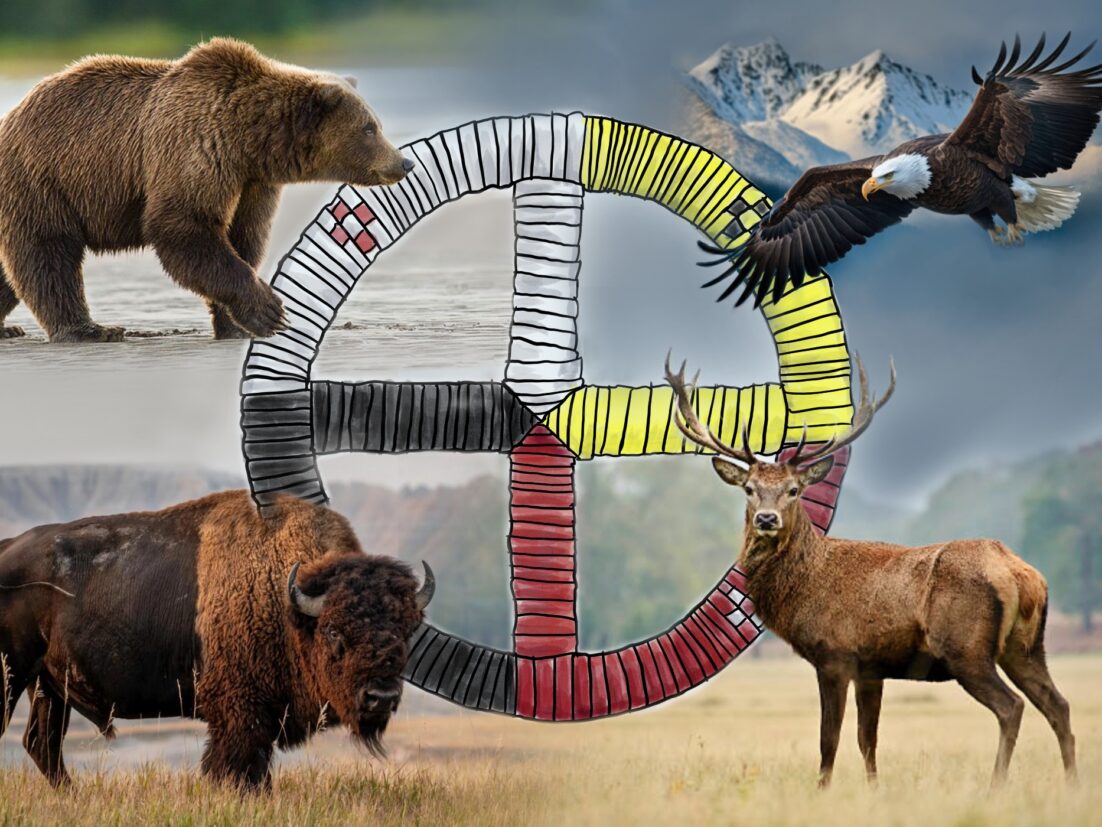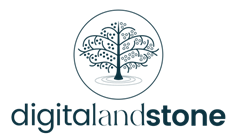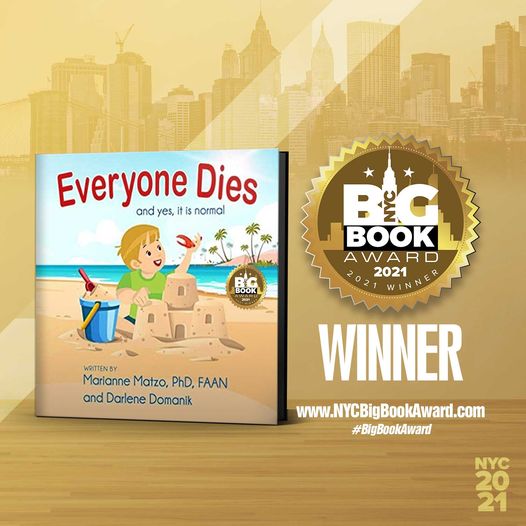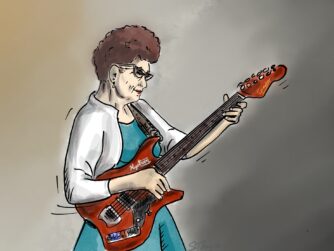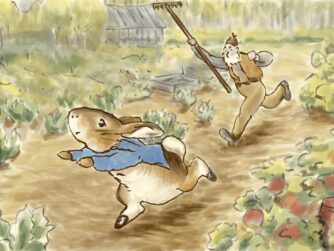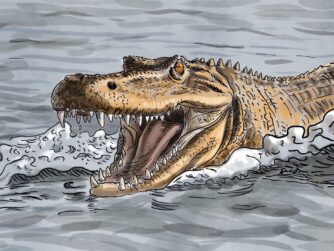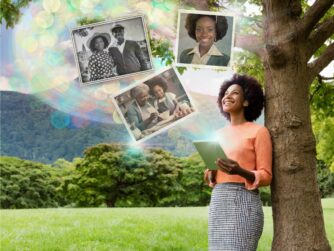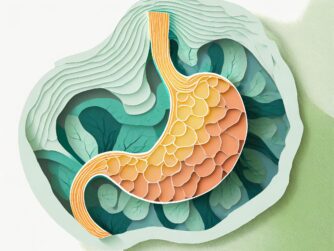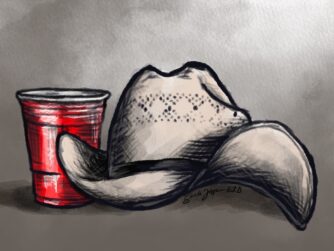Learn how historical treatment and distrust of healthcare systems still continues to impact Native Americans
Indigenous Americans have higher rates of cancer, dementia, and diabetes compared to other US populations. How is this related to their historical experiences? We talk about an understandable distrust of the healthcare system and how it continues to impact tribes.
In this Episode:
- 00:00 – Our Sponsor: Tree of Life Memorials and Digital & Stone
- 00:20 – Intro
- 04:50 – Recipe of the Week: Pawpaw Cookies
- 08:19 – Exploring Native American Health Disparities
- 25:16 – Interview: Dr. Jeanna Ford on COVID impacts for tribes
- 46:05 – Outro
Exploring Indigenous Health Disparities
The history of Indigenous Americans includes battles, massacres, systemic racism, cultural genocide, and broken treaties that systematically stripped them of freedom. This week’s show continues our discussion about healthcare disparities with Indigenous American culture with a focus on Indian Schools and their treatment during COVID.
Palliative Care and Hospice Specialist: Dr. Jeanna Ford
We are honored to be joined in this episode by joined by Dr. Jeanna Ford, a Clinical Nurse Specialist from the Department of Internal Medicine at the University of New Mexico Health system in Albuquerque. Dr. Ford is indigenous herself coming from the Southern Cheyenne and Citizen Potawatomi Nations and practices palliative care in New Mexico caring for many tribal patients from various reservations and pueblos. Today she talks about the lasting impact COVID had on native peoples and for her personally.
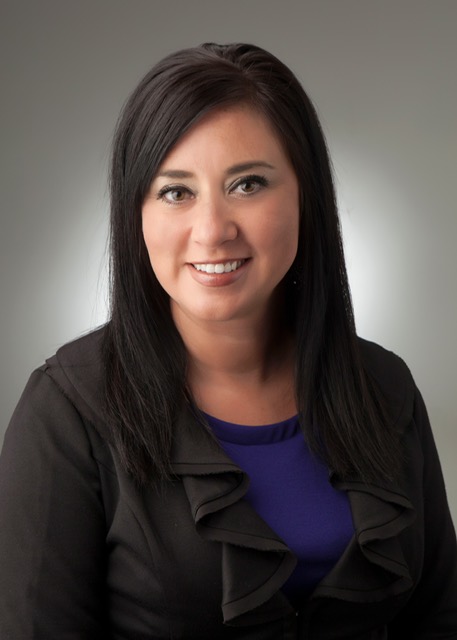
Dr. Ford is a Clinical Nurse Specialist in the field of palliative care and hospice.
She has a Bachelor of Science in Biological Sciences, a Bachelor of Science in Nursing, a Master of Science in Nursing, and a Doctor of Nursing Practice. She is double board certified as a Clinical Nurse Specialist in Adult Health and as an Advanced Certified Hospice & Palliative Care Nurse. Dr. Ford also holds the titles of a Fellow in Palliative Nursing Care as well as a Fellow of Clinical Nurse Specialists.
She has served as a bedside nurse, advance practice nurse, and clinical leader in the specialties of intensive care, oncology, palliative care, hospice and has been instrumental in the startup of several palliative programs.
Dr. Ford is a national speaker, published author, and focuses her clinical expertise in the area of cultural sensitivity at the end of life with an emphasis on indigenous populations. She currently works as the Clinic Director and APRN for the University of New Mexico Hospital’s outpatient palliative care program as well as serves as faculty for the Center to Advance Palliative Care and for the Hospice and Palliative Nurses Association.
What to Understand about Native American Culture:
- There is no single Indigenous American culture or language.
- Indigenous Americans are both individuals and members of a tribal group.
- Indigenous Americans have been shaped by their culture and environment. Elders in each generation teach the next generation their values, traditions, and beliefs through their own tribal languages, social practices, arts, music, ceremonies, and customs.
- Kinship and extended family relationships have always been vital in Indigenous American cultures.
- Indigenous American cultures have always been dynamic and changing.
- Interactions with Europeans and Americans brought devastating changes to Indigenous American cultures.
- Native people continue to fight to maintain the integrity and viability of indigenous societies. Indigenous American history is one of cultural preservation, creative adaptation, renewal, and strength.
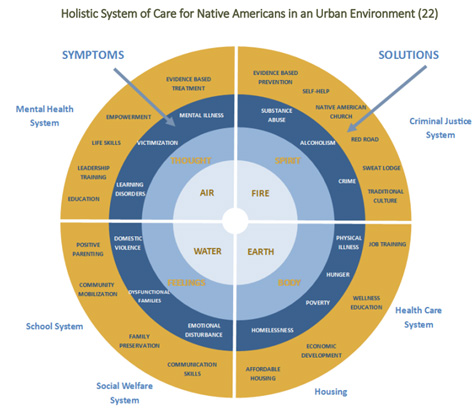
References:
- LaCroix, W. (2023). Understanding and honoring the needs of Native American elders: https://www.myamericannurse.com/understanding-and-honoring-the-needs-of-native-american-elders/
- Uncovering The ‘Unspoken Traumas’ Of Native American Boarding Schools. (2021). https://www.npr.org/2021/06/29/1011357949/uncovering-the-unspoken-traumas-of-native-american-boarding-schools
- Burial sites found at 53 Native American boarding schools, U.S. government says. (2022). https://www.reuters.com/world/us/interior-dept-investigation-finds-burial-sites-53-indian-boarding-schools-2022-05-11/
- Pope apologizes for ‘deplorable evil’ of Indigenous abuse in Canadian Catholic residential schools: https://www.cnn.com/2022/07/25/americas/pope-francis-canada-speech-intl/index.html
- Black, Hispanic and American Indian/Alaska Native adults more likely to be hospitalized for flu and less likely to be vaccinated, CDC report finds: https://edition.cnn.com/2022/10/18/health/flu-vaccination-inequity/index.html
- Ford JA, Dahlin C. Cultural Advocacy for Indigenous Individuals With Serious Illness. American Journal of Hospice and Palliative Medicine®. 2024;0(0). doi:10.1177/10499091231224794
Resources:
- National Native American Boarding School Healing Coalition. boardingschoolhealing.org
- Native Hope. Native American Life Today. pages.nativehope.com/native-americans-today
- The Pope went to Canada to apologize. For some indigenous school survivors, he triggered more pain: https://www.cnn.com/2022/07/25/americas/canada-indigenous-school-survivors-pope-apology-cmd-intl/index.html
- A search for truth – and children’s remains – at a former Indian boarding school: https://www.nbcnews.com/specials/a-former-native-american-boarding-school-reckons-with-its-dark-past/index.html
- The Reckoning: An American Genocide: https://www.nbcnews.com/news/embedded-video/mmvo153921093755
- Hamalainen, P. (2009). The Comanche Empire (The Lamar Series in Western History) Purchase here: https://a.co/d/hE7VMab #affiliate
- Brown, D. (1970). Bury My Heart at Wounded Knee: An Indian History of the American West. Purchase here: https://a.co/d/7Pbf9GG #affiliate
- Ehle, J. (1988). Trail of Tears: The Rise and Fall of the Cherokee Nation. Purchase here: https://a.co/d/goeEzLl #affiliate
- Caregiver Worksheets | National Institute on Aging (nih.gov)
- Native_American_Children_and_Families_Community_Brief.pdf (first5alameda.org)
- American Indian Child Resource Center (aicrc.org)
- Intertribal Friendship House (ifhurbanrez.org)
- Home – Native American Health Center (nativehealth.org)
- Essential Understandings | Native Knowledge 360° – Interactive Teaching Resources (si.edu)
Related Podcasts:
Recipe of the Week: Pawpaw Cookies

If you live in the Eastern US and get to venture into the woods, you might have seen a special little understory tree that is loaded with unbelievable goodness. Both Native Americans and early settlers enjoyed its small exotic-looking fruit that tastes like a cross between a banana and??? (Our producer thinks it’s a bit like vanilla custard and absolutely amazing!)
If you’re lucky enough to find the fruit, wait until they are soft and squishy to get the right taste. Then you can make this recipe for pawpaw cookies…or just use ripe bananas.


Our Sponsors
This episode was sponsored by The Tree of Life Memorials and Digital & Stone – a new platform to create digital memorials, environmental legacies and fine art monuments. Share the Stories, preserve the memories, conserve the land, connect the Souls…. because Love never dies. Find out more at https://www.digitalandstone.com/


https://blog.feedspot.com/palliative_care_podcasts/
Everyone Dies: and yes, it is normal!
Everyone Dies (and yes, it is normal) is a story about a young boy named Jax who finds something special on the beach where he and his grandpa Pops are enjoying a wonderful day. Pops helps Jax understand that death is a normal part of life. This book provides an age appropriate, non-scary, comfortable way to introduce the important topic of mortality to a preschool child. Its simple explanation will last a lifetime. Autographed copies for sale at: www.everyonediesthebook.com. Also available at Amazon
Mourning Jewelry
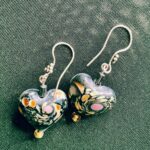
We offer a way to memorialize your loved one or treasured pet with a piece of handmade jewelry. When people comment on it and the wearer can say for example “I received this when my mother died” which opens the conversation about this loss. All our jewelry is made with semi-precious stones and beads, vintage beads, and pearls. You can choose between earrings or bracelets and the color family. Learn More


